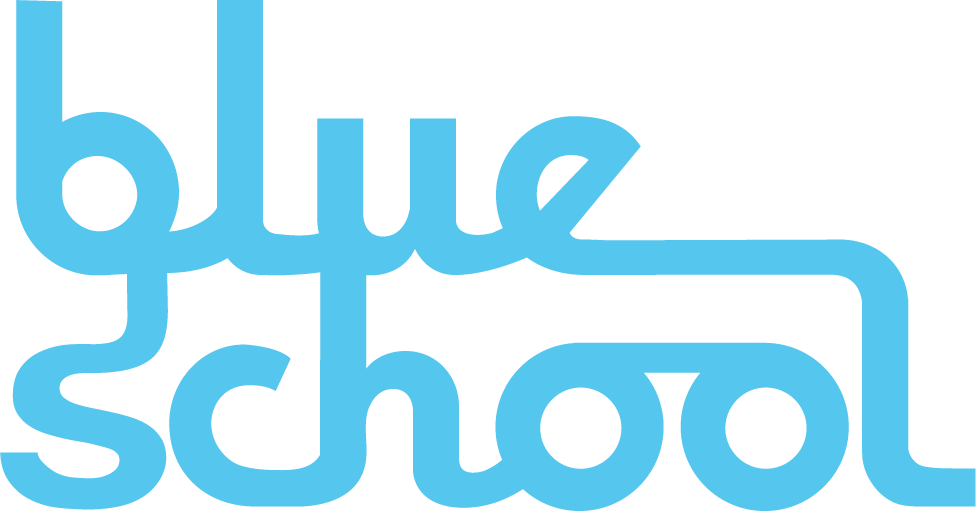Considerations from Teaching for Change: Indigenous Peoples Day Curriculum Teach-In
What comes to mind if you are asked to picture “Medieval Times?” Most Americans think of Europe and castles when thinking of that time period. Many don’t make the connection that there were organized societies in North, Central and South America that were complex and full of great architectural monuments, cities and systems. Our 4th graders who are studying the Middle Ages are studying the societies of those Indigenous Peoples in the Americas that existed concurrently with the societies in Europe.
As we approach the day that has typically been referred to as Columbus Day, it seems fitting to consider, “What is the impact of celebrating Columbus and his status as the person who was the beginning of colonization of the Americas by Europe, as it was also the beginning of the extinguishment of or diminishment of so many American communities that existed long before he arrived?” Many of our teachers (some from each division) attended Teaching for Change: Indigenous Peoples Day Curriculum Teach-In over last weekend and there are many ways in which different grades will be honoring Indigenous Peoples this week and next.
Additionally, we have been discussing in our leadership team the need to look at our calendar with a lens of inclusivity. As a temporary measure we had changed “Columbus Day” to “Fall Day,” with the understanding that this was an issue that deserved more folks’ voices heard as we strongly consider the switch to “Indigenous People’s Day.” That discussion combined with a larger question about what days we note on our calendar, including what days we close school. As the year proceeds we will be eager to find opportunities to hear from a broader constituency about the community impact of these selections and consider if we want to make some changes.As we move through the year and consider what makes people feel they belong we are looking at our curriculum, our school structures, and our processes, we look forward to your partnership.
Gina Farrar, Ph.D.
Head of School
